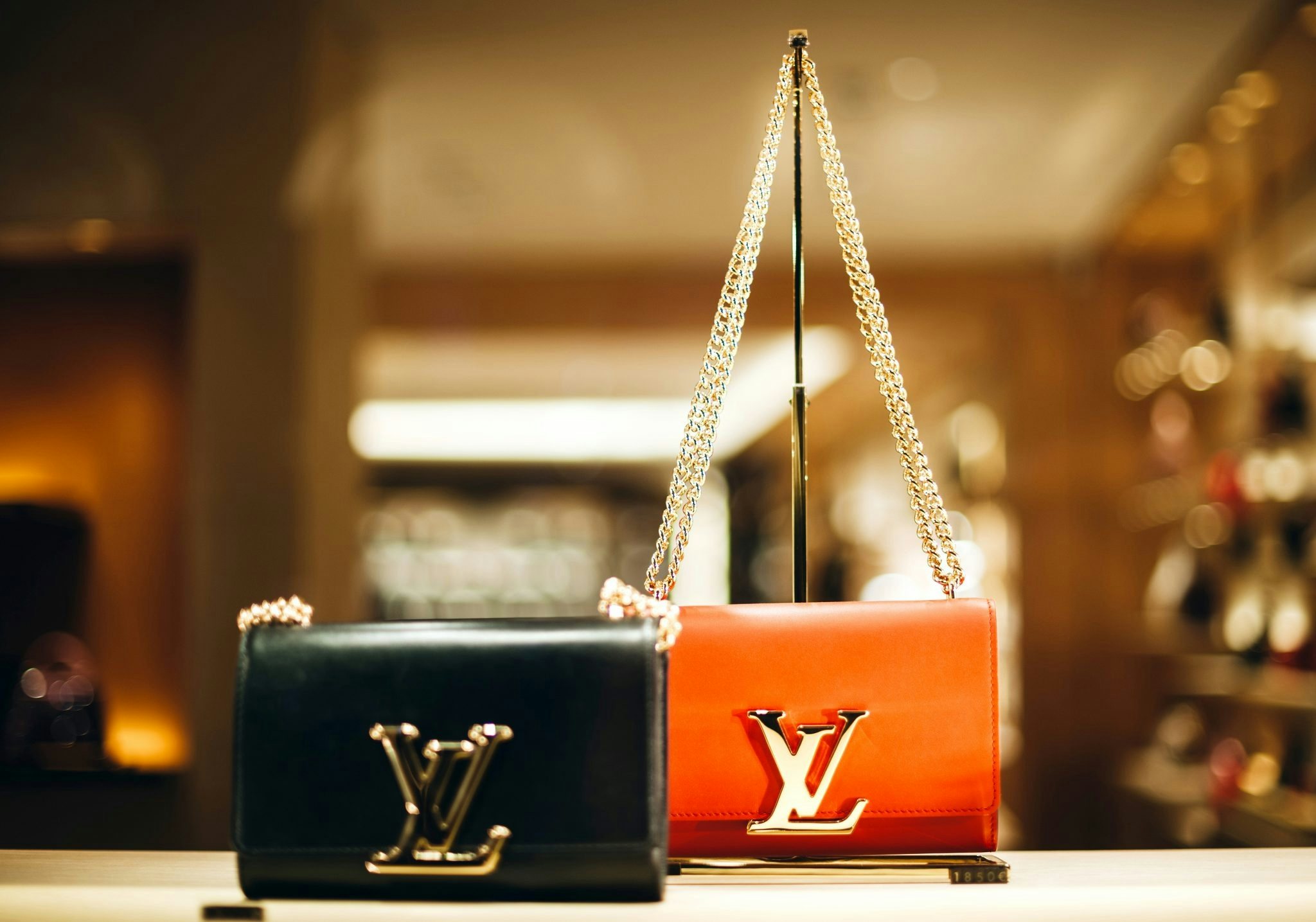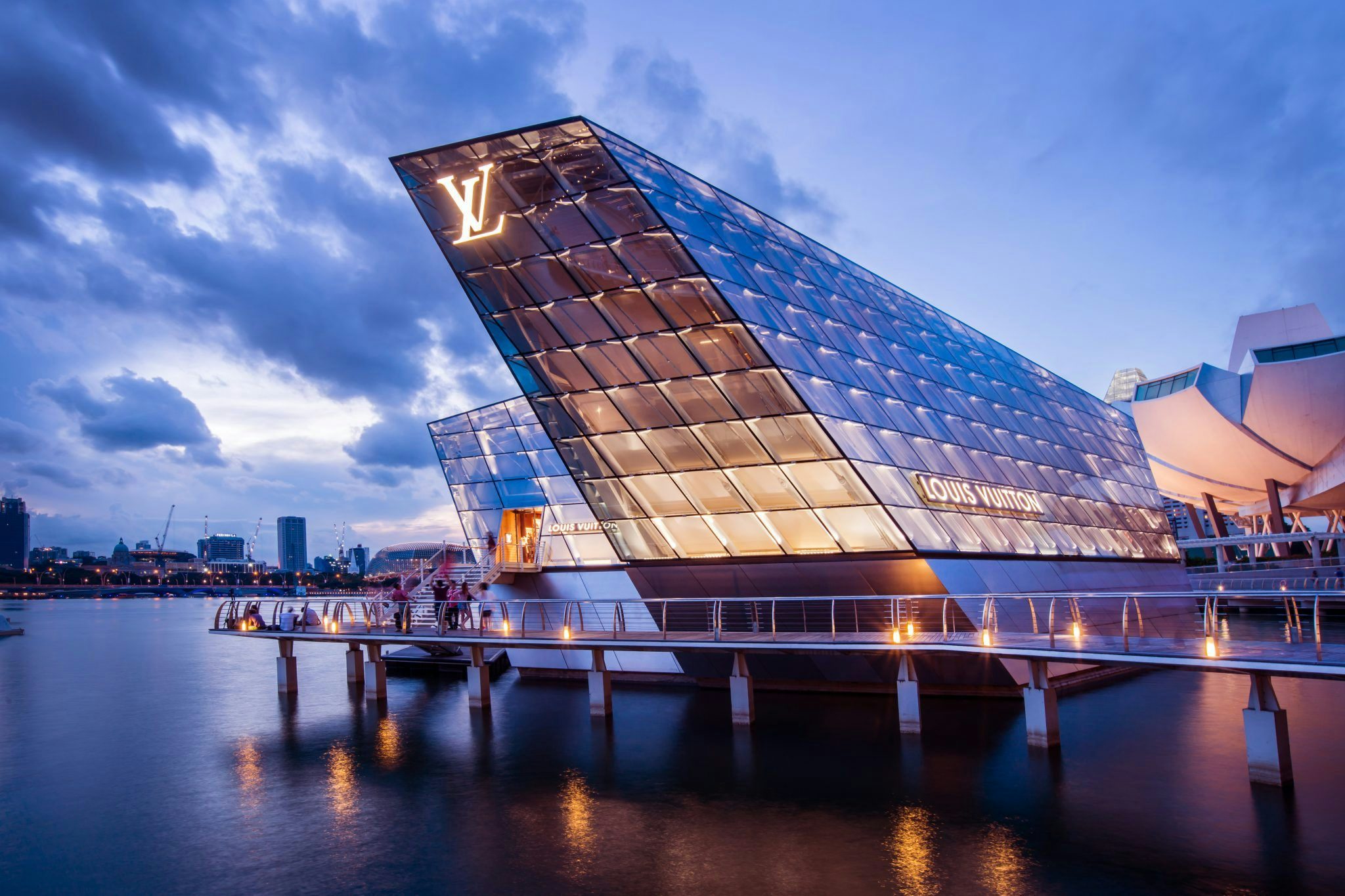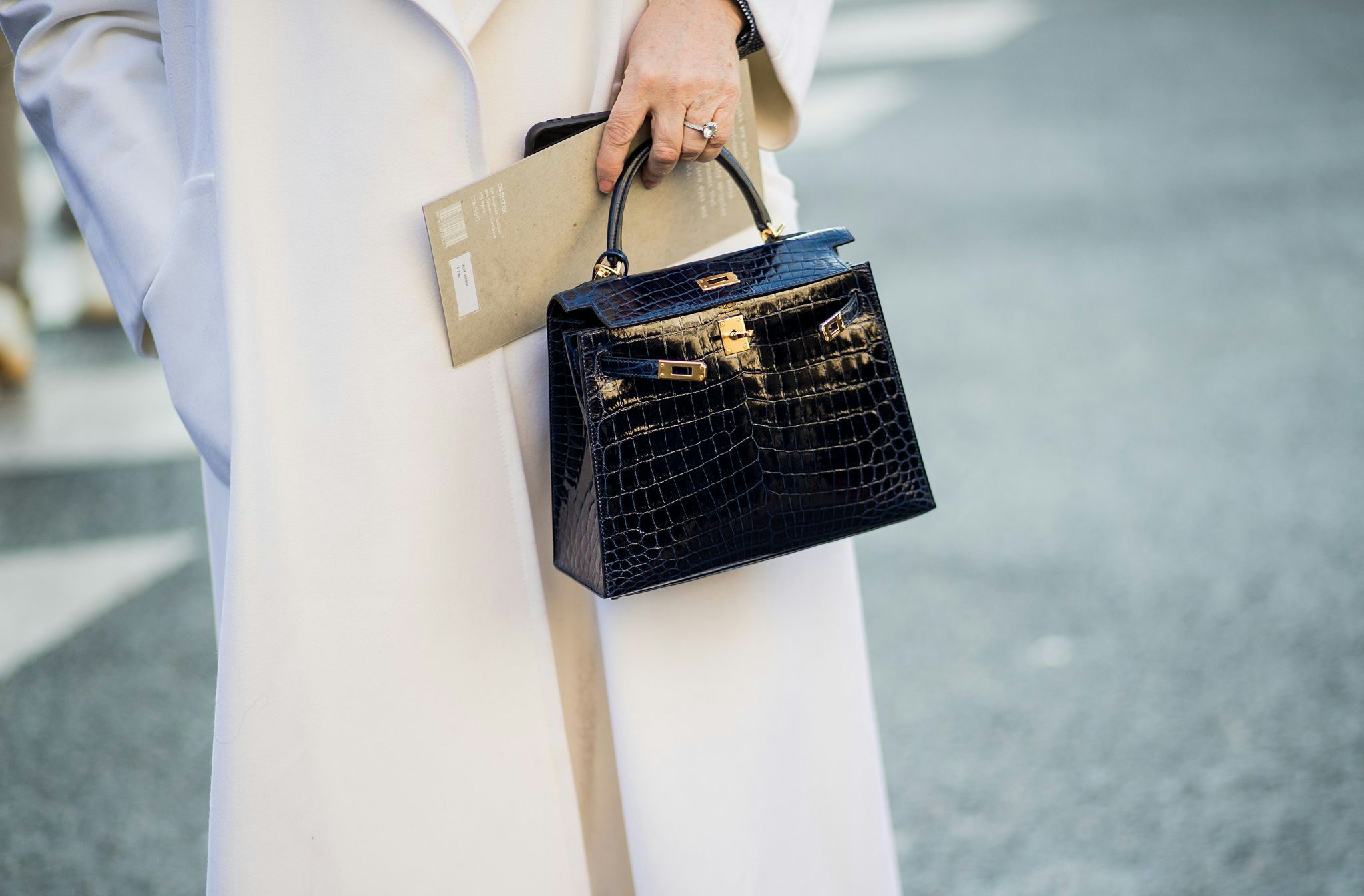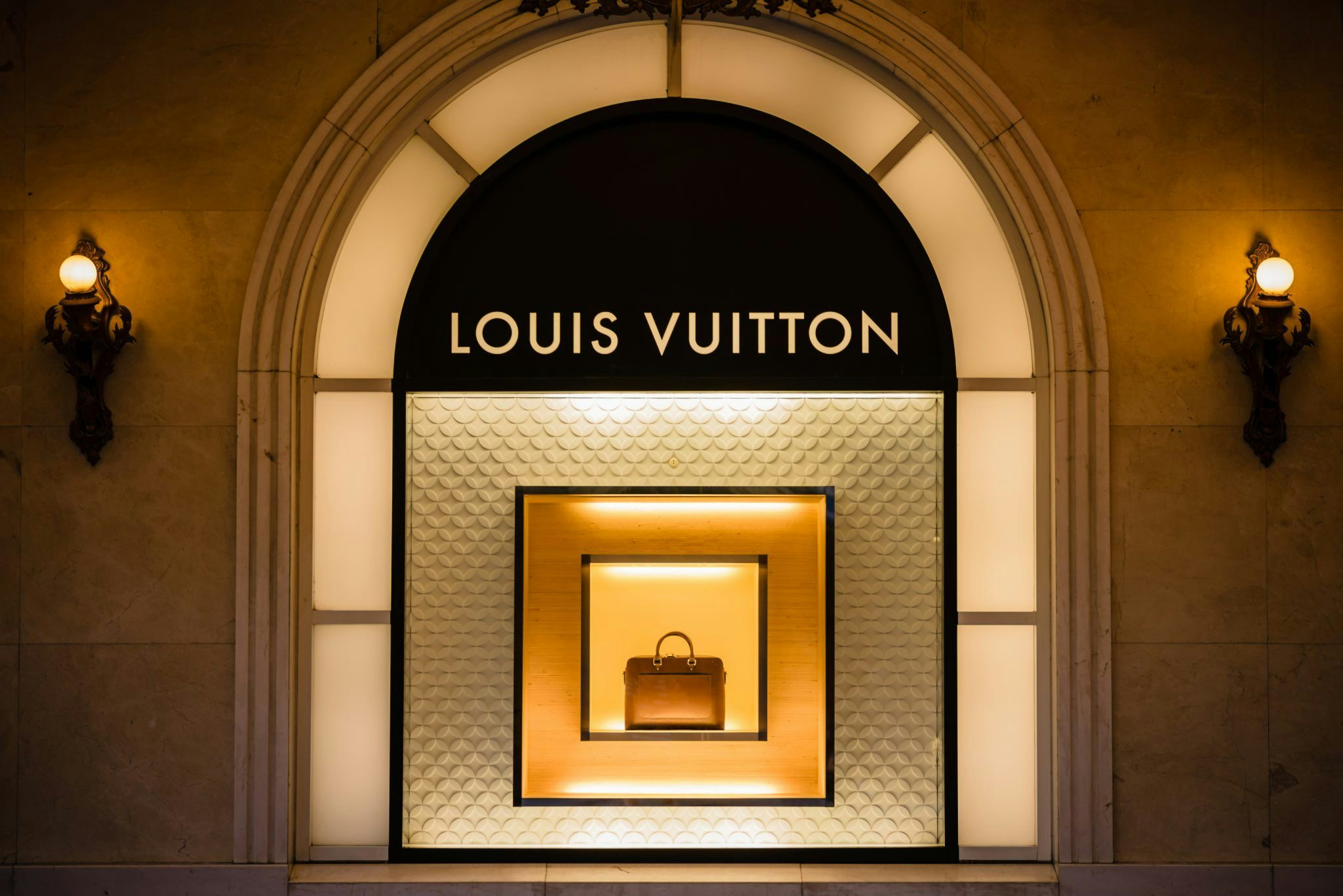There is an air of suspense in the global stock markets this week, as the world’s largest luxury goods company, LVMH Moet Hennessy Louis Vuitton, will announce its 2018 second-quarter and first-half results after the market closes on July 23 (Tuesday) in Paris.
All eyes are on the conglomerate as LVMH is widely seen both as a bellwether of the luxury market as a whole and also exceptionally exposed to the China economy. Will the uncertain political and economic outlook and ongoing trade disputes between the U.S. and China cast a shadow on its long-term profitability?
In advance of the results, a slew of Wall Street firms like Goldman Sachs and UBS are piling on with “buy” recommendations on the stock or reaffirmations of earlier ones. The majority of analysts polled by The Wall Street Journal maintain a buy position.
The stock is a Wall Street darling for a variety of reasons: its luxury business is seen somewhat insulated from the threat of Amazon, it has thrived amid the robust consumer demands for luxury in Asia and the U.S. and it is exceptionally well-diversified and global. LVMH has a portfolio of over 60 brands including big-name players Louis Vuitton, Christian Dior and Fendi, plus wineries, watchmakers, and the booming cosmetics retailer Sephora.
But the current optimistic sentiment on the global luxury goods market hinges in part on wealthy Chinese’s massive spending. The sales generated within the greater China region accounted for about 25 percent of LVMH’s total sales in 2017, according to Morgan Stanley. The percentage rises to 31 percent when including Chinese luxury spending abroad.
Daniele Alibrandi, fashion and luxury goods equity analyst of Intermonte SIM, expects another strong period for LVMH in the second quarter, with 13 percent organic growth (growth outside of mergers) at the group level. We’ll see “a continuation of the healthy trends seen in the first quarter, with a slightly different mix as we are observing more repatriation of Chinese demand at home and towards HK/Macau, Japan, Indonesia, and Korea from Europe,” Alibrandi told Jing Daily, “The US, on the other side, should confirm its rebound, even more markedly.”
In a research note on July 10, RBC Capital Markets analyst Rogerio Fujimori lifted its price target to 295 euros (346) from 290 euros (340), citing the company’s “superior management and investment firepower.” It closed Friday at 296 euros.
RBC estimated LVMH’s organic sales growth to be 11 percent in the second quarter, versus 13 percent in the first quarter, while forecasting a 13 percent organic growth rate (compared to 16 percent in Q1) for its profitable fashion & leather division.
But RBC pointed out the threat of a further demand weakness for Hennessy cognac in China.
“Recent Chinese stock market correction and RMB weakness do not help sentiment on luxury stocks like LVMH,” said RBC’s Fujimori, as these two factors have an adverse impact on wealth creation and high-net-worth individual population growth in the country in the long run, and could cause a financial panic that affects the overall “feel good factor” that closely associates with luxury purchases in the short term.
China’s trade war with the United States, which shows no sign of ceasing anytime soon, has sent the country’s stock market into free fall recently. The main stock index Shanghai Composite Index dropped to the lowest level since the market experienced a dramatic crash three years ago. Meanwhile, the Chinese authority has guided RMB lower so as to tackle the impacts of American tariffs. A weakening currency will lead to less purchasing power of Chinese consumers overseas. On July 19, Chinese RMB fell to the lowest level since last July against the US dollar.
Luca Solca, Head of Luxury Sector from Exane BNP Paribas, which holds a position in LVMH shares, told Jing Daily, “Going forward, “I think the CNY depreciation will have the effect of prompting even more Chinese luxury to spend to repatriate. I believe this is a goal that Chinese authorities have in their sights,” said Solca.
LVMH’s s flagship Louis Vuitton brand has already started to encourage more consumer spending within China. Lately, it became the first luxury brand to lower retail prices in mainland China, in response to the Chinese government’s latest policy to reduce import duties on consumer goods, which officially came into effect on July 1, 2018.



